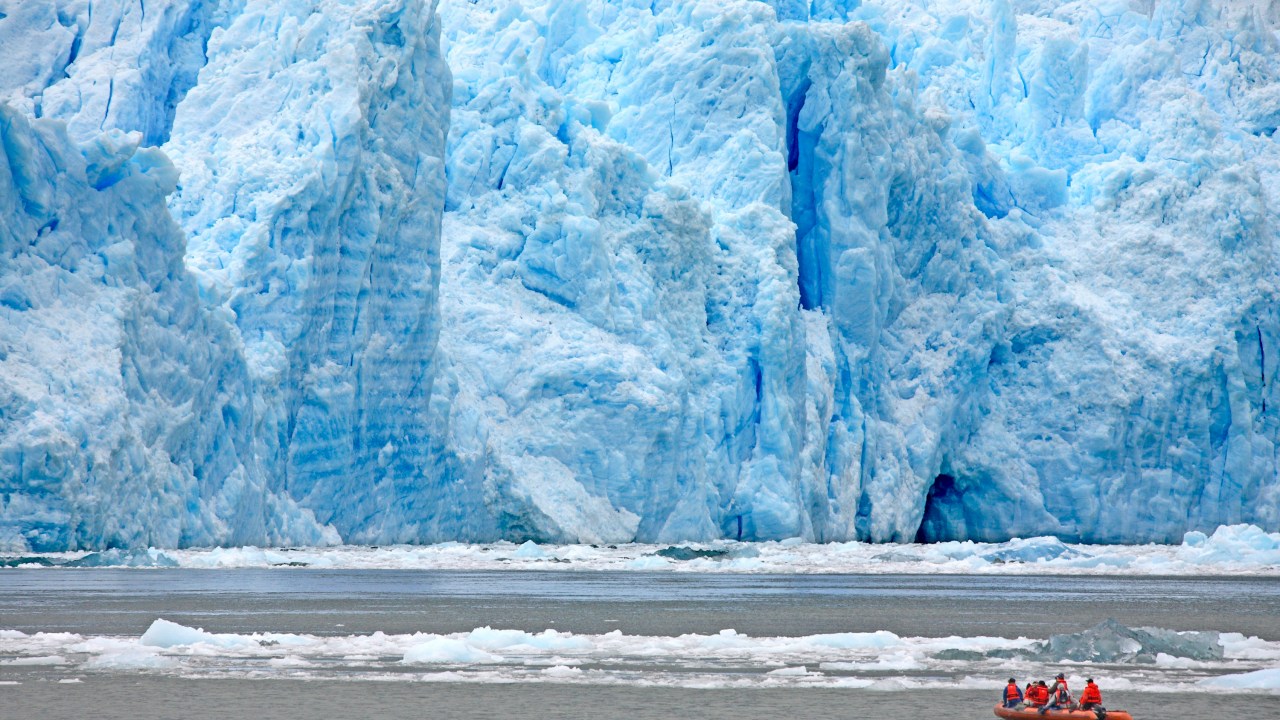Leading environmentalist and Breakthrough Institute Executive Director Ted Nordhaus has warned that much of the global conversation around climate change has become detached from scientific reality, saying alarmist rhetoric about planetary collapse “goes well beyond anything that really can be supported scientifically”.
Speaking to Sky News host Chris Kenny, Mr Nordhaus said while there is no denying the planet is warming due to human activity, the exaggerated claims made by activists, media outlets and even some scientists risk misleading the public and undermining sensible policy.
“There’s no point in denying that global warming, climate change, whatever name you want to put on it, is occurring. The planet is warming, primarily warming due to human activities, primarily the combustion of fossil fuels,” he told the Kenny Report.
“But after that, a lot of the kind of claims in both the sort of environmental community and even sometimes in the mainstream media, even sometimes by very well credentialed scientists, go well beyond anything that really can be sort of supported scientifically.”
Mr Nordhaus argued that while climate change can intensify some weather events, it is wrong to suggest it is responsible for creating natural disasters.
“We hear a lot about natural disasters. In some cases, we have very good evidence that climate change is modestly intensifying some disasters,” he said.
“So, that’s the first really important thing that you need to know when you sort of read these headlines and you see these claims, that climate change isn’t creating the disaster. It is just in some cases, and not remotely all cases, making the climate hazard that is part of that disaster somewhat worse.”
He cited tropical cyclones as an example of the complexity often missing from public discussion.
“We are having both fewer cyclones, and there is some evidence that the cyclones are more intense. And you put those two things together and what you end up with is about the same number of strong tropical cyclones,” he said.
He added that climate dynamics are not one-directional and often offset each other.
“This is one of the reasons we’ve seen fewer tropical cyclones overall,” he said.
“There’s this idea that climate change is responsible for every bad thing. And the reality is that it is creating dynamics in the weather and the climate that often are offsetting and don’t just always feed back towards worse consequences.”
Mr Nordhaus also said the conversation about climate change should acknowledge both the risks and the potential benefits of a warming world.
“For sure, you know, for instance, having more COâ in the atmosphere does provide some benefits in terms of things like agricultural yields,” he said.
“Having in some cases hotter temperatures and less rainfall in some cases can cut the other way. So again, it’s always going to be a mixed bag.”
Mr Nordhaus welcomed signs that influential figures such as Bill Gates are taking a more measured approach to climate issues, focusing on technology and adaptation rather than fear-based narratives.
“I think it’s really, really important,” he said.
“When Bill Gates says it, it hits a little different. This is a guy who has put hundreds of millions, probably really billions of dollars into addressing climate change through agriculture, through clean energy, all sorts of ways. And he’s saying, ‘you know, it’s still a problem, and we should still try to do something about it by improving technology and improving adaptation and resilience’.
“But these sort of claims of climate doom and climate catastrophe really are wrong.”
For Mr Nordhaus, the challenge is not to deny the science but to restore balance to a debate that has veered toward panic.
“Climate change is happening, but we need to stop pretending it’s the end of the world,” he said.
